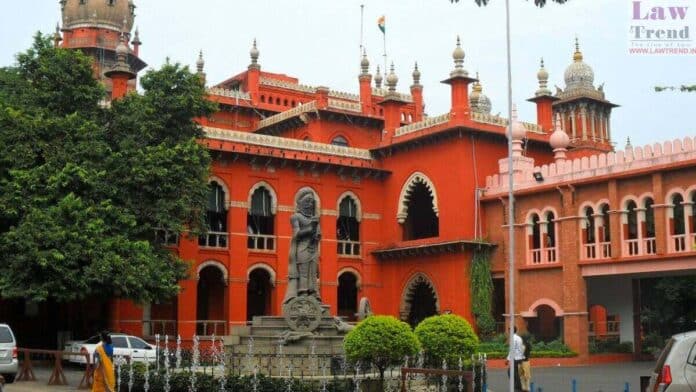The Madras High Court has dismissed a petition seeking criminal contempt proceedings against DMK leader and lawyer RS Bharathi for his critical comments about Justice N Anand Venkatesh. The petition, filed by YouTuber Savukku Shankar, was turned down by a bench comprising Justices SM Subramaniam and V Sivagnanam, citing the judiciary’s commitment to transparency and openness to scrutiny.
The controversy began when Bharathi criticized Justice Venkatesh’s decision to initiate suo motu revision proceedings against DMK legislators in cases concerning disproportionate assets. Bharathi accused the judge of employing a “pick and choose policy” and acting with malafide intentions during a press conference held on August 24, 2023. Shankar, claiming that Bharathi’s remarks could undermine public confidence in the judiciary, pushed for contempt proceedings.
However, the court highlighted that Justice Venkatesh himself had expressed no interest in pursuing contempt charges against Bharathi. Furthermore, the Advocate General had not granted consent for such proceedings, which played a crucial role in the court’s decision to dismiss the petition.
The bench emphasized the importance of transparency within the judiciary, stating, “Courts are public forums, their very foundation is transparency. The process of judicial making is strengthened by transparency and feedback.” They argued that judges should not avoid public scrutiny and that the judiciary cannot operate behind curtains of opacity.
During the proceedings, Senior Advocate V Raghavachari, representing Shankar, argued that Bharathi’s comments were potentially damaging to the judiciary’s integrity. However, the court maintained that citizens have the right to assess and critique public officials, including judges, balancing judicial respect with public discourse.
The bench also noted that Bharathi did not show any remorse or seek forgiveness for his statements, choosing instead to defend his position through legal representation.
This ruling underscores the judiciary’s stance on handling criticism and maintaining accountability while ensuring that judges can perform their duties without fear of undue personal attacks. The decision reinforces the principle that while judicial actions can be critiqued, such critiques must not cross into contempt without clear justification.




